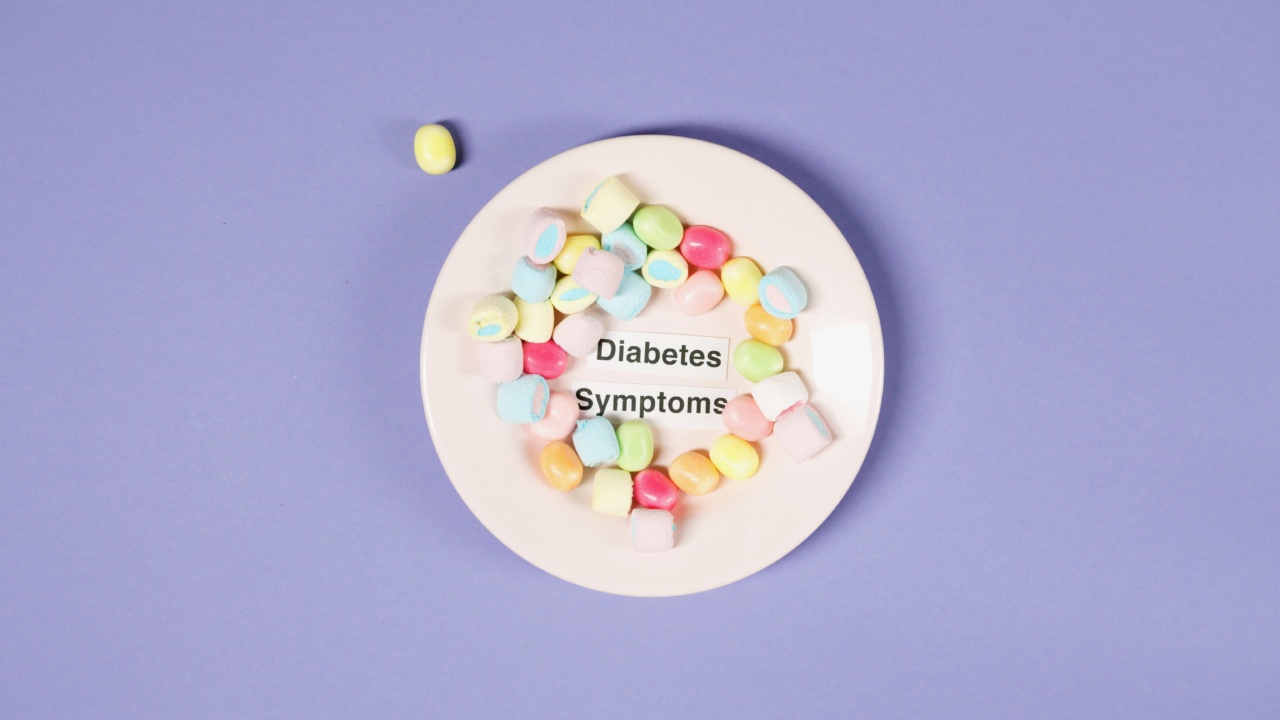Polycystic ovary syndrome (PCOS) is a hormonal disorder common among women of reproductive age. The condition affects up to 10% of women and is a leading cause of infertility.
PCOS is characterized by enlarged ovaries containing small cysts, irregular or absent menstrual periods, and increased levels of male hormones.
The exact cause of PCOS is unknown, but genetics, insulin resistance, and inflammation may play a role.
While there is no cure for PCOS, lifestyle changes, including exercise and diet, can help manage the symptoms and reduce the risk of complications such as diabetes and heart disease. In this article, we’ll focus on the best diet for managing PCOS symptoms.
The Low Glycemic Index Diet
One of the most effective diets for managing PCOS symptoms is the low glycemic index (GI) diet.
This type of diet focuses on eating carbohydrates with a low GI value, which means they are digested and absorbed more slowly, causing a gradual rise in blood sugar levels instead of a sudden spike. Foods with a low GI value include whole grains, fruits, vegetables, and legumes.
Eating a low GI diet can help regulate insulin levels, reduce androgen levels, and improve menstrual regularity.
Studies have shown that women with PCOS who followed a low GI diet had lower levels of insulin, androgens, and glucose compared to those who followed a high GI diet.
The Mediterranean Diet
The Mediterranean diet is a well-known and healthy diet that has been shown to be beneficial for a variety of health conditions, including PCOS.
This diet is based on foods traditionally eaten in countries bordering the Mediterranean Sea, such as Greece, Italy, and Spain.
The Mediterranean diet emphasizes plant-based foods, whole grains, fish, and healthy fats like olive oil and avocados. It also encourages moderate amounts of dairy products, red wine, and lean meats.
Studies have shown that women with PCOS who followed a Mediterranean diet had improved insulin sensitivity, reduced levels of androgens, and improved menstrual regularity.
The Anti-Inflammatory Diet
Inflammation may play a role in PCOS, and following an anti-inflammatory diet may help reduce inflammation and improve symptoms.
The anti-inflammatory diet is rich in foods that have anti-inflammatory properties and low in foods that promote inflammation.
Foods that are high in anti-inflammatory compounds include fruits, vegetables, whole grains, nuts, and fatty fish. Foods that can promote inflammation include processed foods, trans fats, and refined carbohydrates.
A study published in the Journal of Clinical Endocrinology & Metabolism found that women with PCOS who followed an anti-inflammatory diet had reduced levels of androgens and improved insulin sensitivity.
The Low Carb Diet
Low-carb diets like the ketogenic diet and Atkins diet have become popular in recent years for weight loss and improved metabolic health.
These diets may also be beneficial for PCOS because they can help regulate insulin levels and reduce androgen levels.
Low-carb diets restrict carbohydrate intake and focus on high-protein foods, healthy fats, and non-starchy vegetables. This type of diet can cause rapid weight loss, which may improve PCOS symptoms.
However, it’s important to note that following a low-carb diet for an extended period may lead to nutrient deficiencies.
The Gluten-Free Diet
Some women with PCOS may have a gluten intolerance or celiac disease, which is an autoimmune disorder triggered by the consumption of gluten. Gluten is a protein found in wheat, barley, and rye, and many processed foods contain gluten.
Symptoms of gluten intolerance or celiac disease include bloating, diarrhea, and abdominal pain. Following a gluten-free diet may help improve these symptoms and other PCOS symptoms, especially if gluten intolerance is present.
However, it’s important to note that a gluten-free diet must be followed strictly to see benefits.
The Bottom Line
Managing PCOS symptoms through diet can be challenging, but it’s possible with the right approach.
The low glycemic index diet, Mediterranean diet, anti-inflammatory diet, low carb diet, and gluten-free diet are all diets that have been shown to be effective for managing PCOS symptoms. However, it’s important to talk to a healthcare provider or a registered dietitian before making any dietary changes.

























